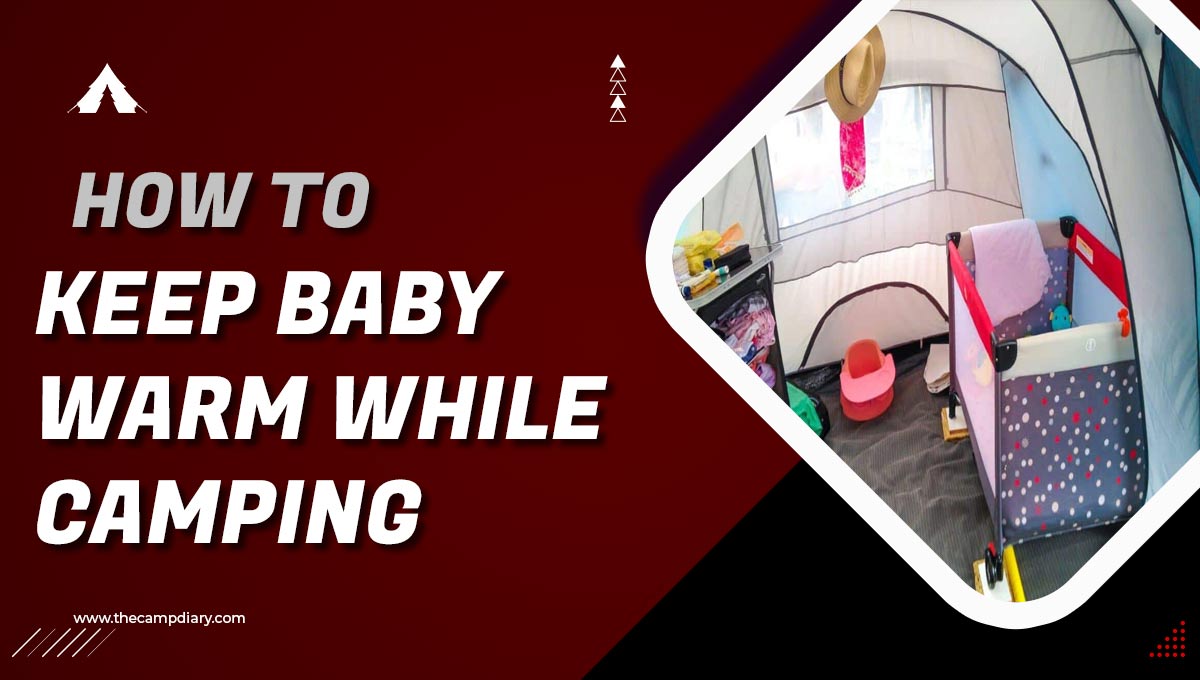Many people are under the misconception that they do not need to ground their generator when camping. However, there are a few very important reasons why you should always ground your generator while camping.
Generator safety is important, whether you’re using it at home or while camping. The question of whether or not you should ground your generator when you are camping is one that comes up often.
Here’s what you need to know. Find out what these reasons are and how to properly ground your generator in this blog post.
Why grounding is required?
There are a couple reasons for this. First, it helps to prevent shocks. If there is a problem with the generator and it sends out a current, grounding it will help to dissipate that current and prevent it from harming anyone who touches the generator.
Second, grounding also helps to protect the generator itself. If there is a problem with the electrical system, grounding will help to prevent damage to the generator.
How do you ground a generator?
There are a few different ways that you can ground your generator. The most common method is to use an Ground Fault Circuit Interrupter (GFCI). As the name suggests, this is a device that is installed on the circuit between the generator and the power pedestal at the campground.
The GFCI monitors the current flowing through the circuit and if it detects a difference in the current, it will trip the breaker and shut off the power. The result is that shocks are prevented and people as well as equipment are protected as a result.
Another method of grounding is to use a ground rod. This is a long metal rod that is driven into the ground. Afterwards, a ground rod is attached to the generator and a wire is run from the generator to the ground rod.
This provides a direct path for any electricity to flow into the ground instead of through people or equipment.
Do all generators need to be grounded?
Yes, all generators should be grounded when camping. There is no better way to protect yourself, your family, and your equipment than to do this.
If you have any questions about grounding your generator, please feel free to contact us and we will be happy to help.
How to ground a generator when you are camping - detailed guide
Things you will need:
- GFCI outlet or ground rod
- Wire
- Shovel (for ground rod)
- Hammer (forground rod)
1. If using a GFCI outlet, plug it into the circuit between the generator and the campground power pedestal.
2. If using a ground rod, drive it into the ground with a hammer. Connect the generator’s ground rod to a wire and connect it to the generator.
3. That’s it! You have now safely grounded your generator when camping.
What happens if you don’t ground a generator?
If you don’t ground a generator, you are at risk of electrical shock and damage to the generator. Grounding provides a path for any electricity to flow into the ground instead of through people or equipment. This ensures that both people and equipment are protected from harm as a result.
Is it Necessary to Ground a Portable Generator?
Yes, it is necessary to ground a portable generator. Grounding provides a path for any electricity to flow into the ground instead of through people or equipment. This protects both people and equipment from harm.
Can I use a generator without grounding it?
No, you should not use a generator without grounding it. Grounding provides a path for any electricity to flow into the ground instead of through people or equipment. This protects both people and equipment from harm.
Tips:
- If you are using a ground rod, make sure that it is made of copper or galvanized steel. These materials are the best conductors of electricity.
- The length of the wire you use will depend on the size of the generator and the distance to the ground rod. A longer wire may be necessary if the generator is further away from the ground rod.
- Always follow the manufacturer’s instructions when grounding your generator.
Conclusion
Thank you for reading! We hope this blog post has been helpful in understanding why grounding a generator is important and how to do it properly.
Grounding your generator is an important safety precaution that all campers should take. It helps to prevent shocks and protect both people and equipment.
If you have any questions, please feel free to contact us. We are always happy to help. Thanks for reading.
Frequently Asked Questions
Do you really need to ground a portable generator?
Yes, you should always ground a portable generator. Grounding provides a path for any electricity to flow into the ground instead of through people or equipment. This protects both people and equipment from harm.
Does an RV generator need to be grounded?
Yes, all generators should be grounded when camping. This is the best way to protect yourself, your family, and your equipment.
Do you need to ground a generator if you use an extension cord?
No, you do not need to ground a generator if you use an extension cord. However, it is always best to follow the manufacturer’s instructions.
Can I make my own ground rod?
Yes, you can make your own ground rod. Ground rods are made of copper or galvanized steel and are driven into the ground. A wire is then attached to the generator and run to the ground rod.
This provides a direct path for any electricity to flow into the ground instead of through people or equipment.
Can I use a ground rod instead of a GFCI outlet?
Yes, you can use a ground rod instead of a GFCI outlet. Ground rods are made of copper or galvanized steel and are driven into the ground.
A wire is then attached to the generator and run to the ground rod. This provides a direct path for any electricity to flow into the ground instead of through people or equipment.
![Do I Need To Ground My Generator When Camping? [2023 Guide]](/uploads/do-i-need-to-ground-my-generator-when-camping.jpg)


![How to Camp for Cheap in 2023 [20 Tips]](/uploads/how-to-camp-for-cheap.jpg)
![10 Simple Ways To Reduce Smoke In Your Fire Pit [2023 Guide]](/uploads/how-to-reduce-smoke-in-your-fire-pit.jpg)


![10 Tips to Keep RV Pipes From Freezing While Camping [2023]](/uploads/how-to-keep-rv-pipes-from-freezing-while-camping.jpg)